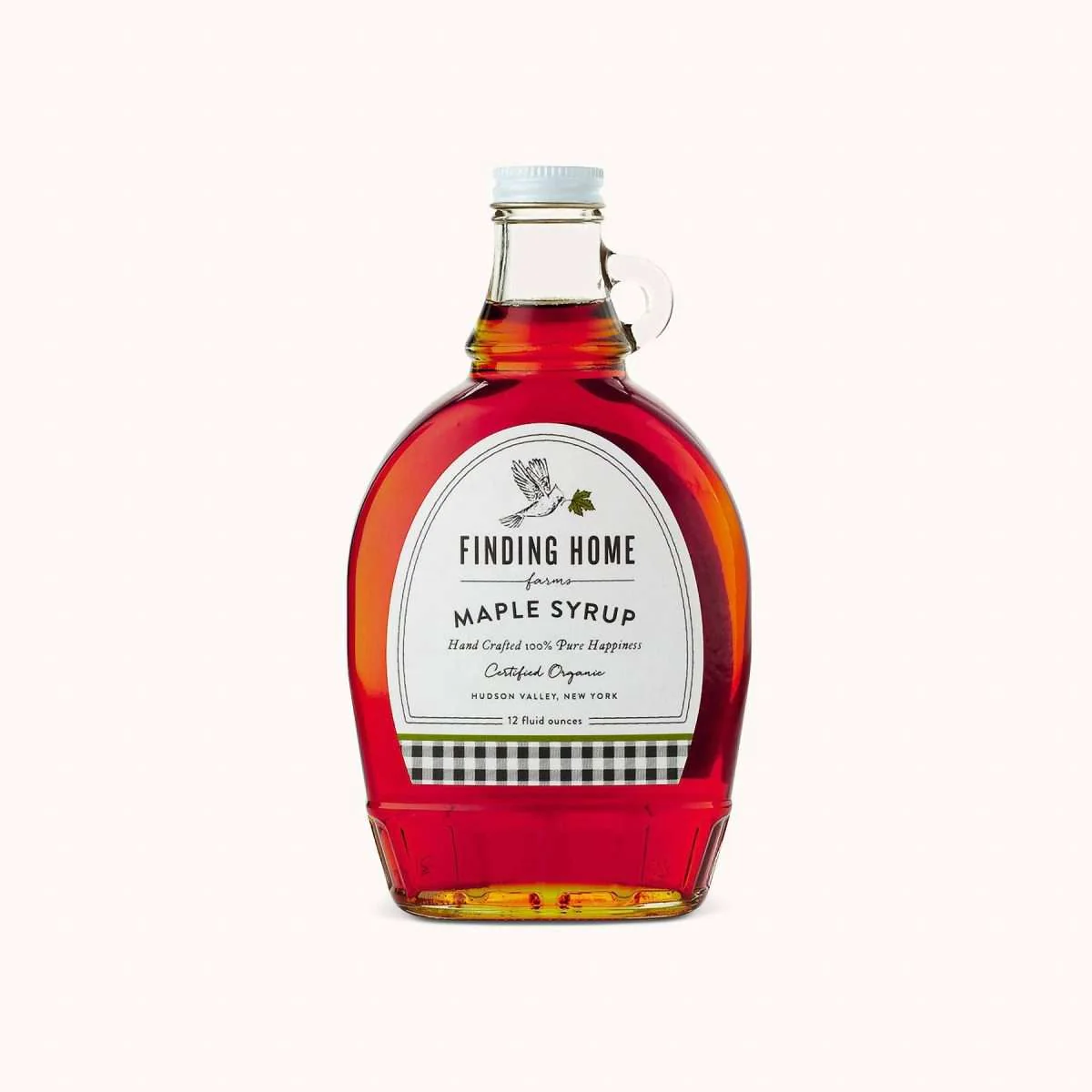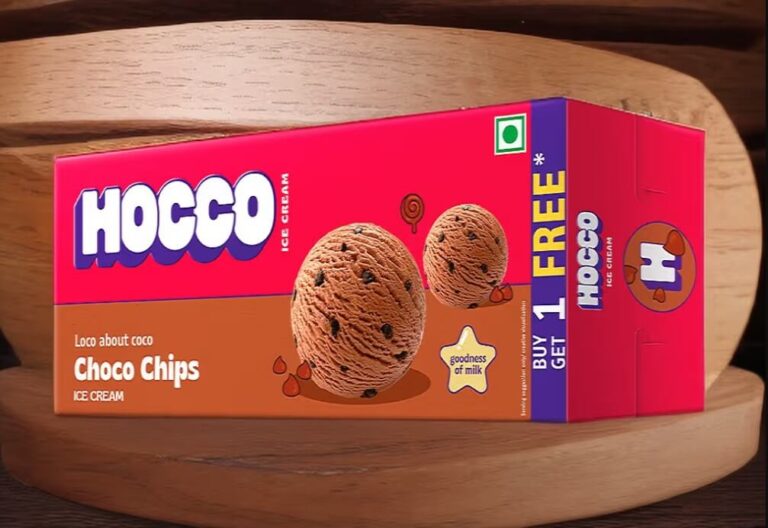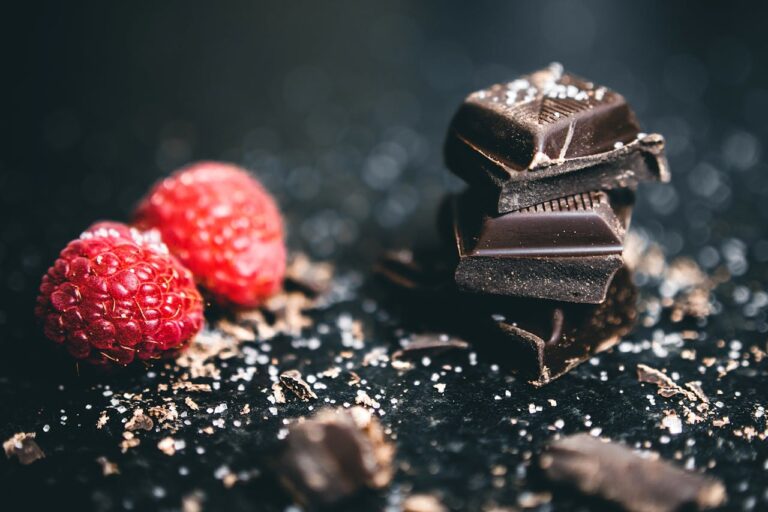
Why is maple syrup considered organic?
Despite being a naturally occurring product that is obtained from wild maple trees, not all maple syrup is organic. Maple growers have to use sustainable methods in every facet of their operations in order to receive the organic certification. These include the cultivation of maple trees, the transportation and processing of sap, the management of the land, and the packaging and storage of syrup.
Maple syrup is manufactured in the same manner regardless of whether it is organic. However, the US Department of Agriculture (USDA) has set requirements that organic producers must follow in order to ensure that farms operate with long-term sustainability .
How do maple syrup growers obtain organic certification?
A certification agency must examine the whole maple syrup production process once a year in order for it to be certified organic. The US Department of Agriculture (USDA)-certified Vermont Organic Farmers (VOF) examines the organic maple syrup farm and grants certification after a review.
Producers go through a number of assessments as part of the accreditation process. Among these are a few of these:
Is there a forest management plan that has been approved? You may be wondering how the organic status of the syrup on your kitchen table relates to a forest management plan. The long-term health of the overall forest ecosystem, which includes maple trees, is determined by the management practices used in the forest, such as the frequency of tree thinning. Upon reviewing our forest management plan, our organic inspector makes sure we’re fostering biodiversity in our sugarbush and offering high-quality habitat for wildlife.
Do you tap your trees in accordance with the right procedures? A tree’s longevity, capacity for growth, and susceptibility to disease can all be affected by tapping. Therefore, it’s critical to adhere to certain tapping rules in order to support the maintenance of a joyful and healthy sugarbush.
Do you boil the sap with organic defoamers?
To reduce foam in the evaporator, all sugar producers boil their sap into syrup using a defoamer. Common defoamers include different vegetable oils, artificial chemical-based defoamers, and milk products like butter or cream. We defoam our syrup with certified organic safflower oil.
Does your product come into contact with any hazardous materials?
Maple syrup manufacturers need to prove that they don’t let dangerous chemicals get near their finished product—maple syrup—at any stage of the manufacturing process in order to receive an organic certification. For example, all products must be kept in stainless steel containers; syrup should be kept in barrels and sap in tanks. Organic growers must use water that is safe to clean their equipment.
Have you carried out an inspection annually? Every year, certifying authorities are required to inspect your maple syrup farm to make sure you’re following all organic production guidelines. These rules are periodically modified, therefore it’s critical to make sure producers follow any modifications.
What is the shelf life of organic maple syrup?
Unopened maple syrup has an endless shelf life. Our syrup has an endless shelf life because it is all heat packed and sealed until it is cracked open. The jug has a two-year shelf life and should be refrigerated once opened. Maple syrup can be stored in a variety of ways,including in your pantry if the container is unopened, and in a fridge or freezer if it is opened.
What is the best way to store maple syrup?
Whether or not the container is open will determine how you keep your syrup. Syrup should be kept out of direct sunlight in a pantry once it has been opened. Syrup that has been opened can be kept for up to two years in the freezer or refrigerator.
Unopened syrup containers can be kept in a pantry if they haven’t been opened. Locating a cool, dry place is ideal if you want your syrup to stay longer. Additionally, especially if your syrup is in a glass bottle, it’s crucial to store it somewhere with minimal exposure to sunlight. Once left unopened, your syrup should survive eternally; once opened, it should last for roughly two years.
In the event that your syrup is opened:
1. In the refrigerator: To keep syrup from going bad or developing mould, you should refrigerate it as soon as you open it. When the syrup bottle is refrigerated, crystallised sugar may form on the cap. This may make it difficult to open the bottle; however, you may easily open it again by simply running some hot water over the top of the bottle, which will dissolve the sugars. Rarely, if your syrup has been in the refrigerator for longer than two years, a layer of mould may form on top of it. However, most people use their syrup much sooner than that—who wouldn’t? It tastes so good!
2. In the freezer: A lot of our clients purchase substantial quantities of syrup, which they intend to spread out over time. For example, a family may decide to purchase a gallon of gas instead of a quart every six months in order to save a few dollars. One excellent way to handle this is to divide your syrup into smaller portions and freeze some of them. You can keep maple syrup frozen for an extended period of time.
Fun fact:
The sugars in maple syrup allow it to freeze with a slushy consistency. We think that would make a delicious dessert or ice cream topping!








